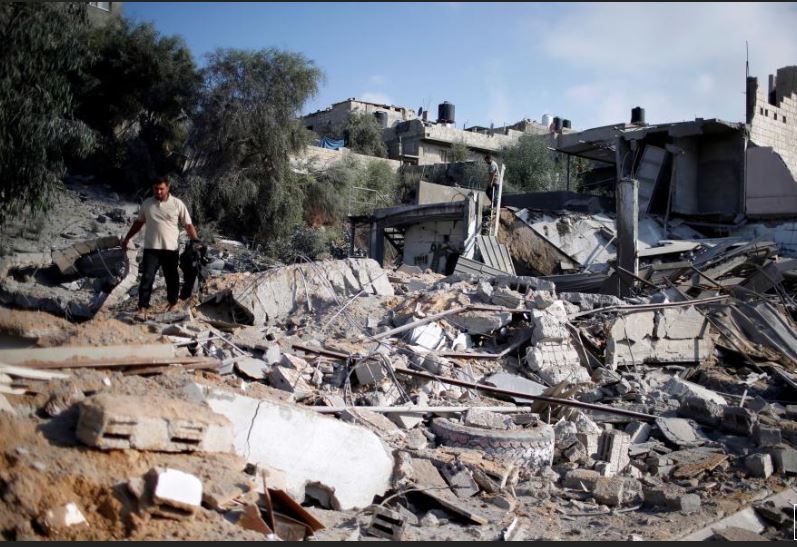President Salva Kiir granted a general amnesty to rebels in South Sudan’s civil war, including his former deputy Riek Machar, as a rights organization said authorities in Africa’s youngest country should also free its critics.
The amnesty order was read out on state-run television late on Wednesday, three days after Kiir, SPLM-IO leader Machar and the heads of other groups signed a ceasefire and power-sharing agreement in the Sudanese capital Khartoum.
A political row between Kiir and Machar degenerated in 2013 into a war that has killed tens of thousands, forced a quarter of the population to flee their homes and wrecked the country’s oil-dependent economy.
The conflict has often been fought along ethnic lines. Previous deals to end it have failed, including one in 2015 that briefly halted hostilities but fell apart after Machar returned to the capital Juba the following year.
SPLM-IO is the largest of the rebel groups fighting Kiir’s government, and fighters allied to it control several areas close to the capital. Other anti-government groups have also emerged, some of which have fought against each other.
Human Rights Watch called on Thursday for the release of a number of government critics jailed by the intelligence services, including Peter Biar Ajak, a prominent economist who has criticized both sides in the war.
“South Sudanese authorities should release everyone being held arbitrarily and change the way the national security agency operates,” Jehanne Henry, associate Africa director at the New York-based rights organization said in a statement.
Biar, a country director for the London School of Economics’ International Growth Centre and a former World Bank economist, was arrested by officers of the agency in July.





